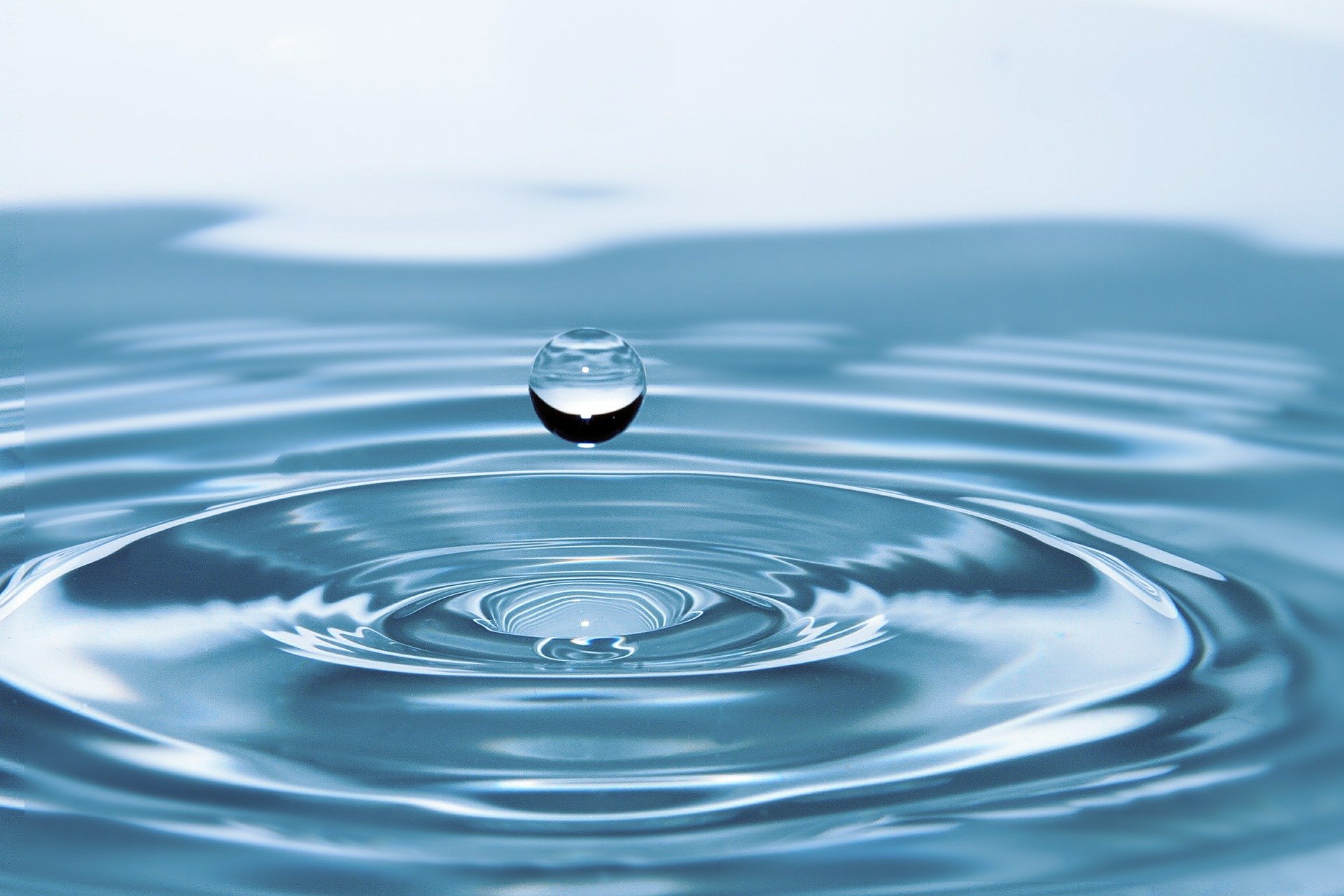Sanitary pumps are required in many hygienic applications such as food and beverage processing, chemical, pharmaceutical, brewing, dairy, and other ultrapure processes. A well-designed and manufactured sanitary pump should provide many years of use with minimal maintenance required when used as intended. Operating parameters and particular wear items can impact sanitary pump performance, however, and could affect pump operating life and product quality.
Quality Pumps Reduce Unplanned Maintenance and Downtime
Maintenance should be minimal with a well-maintained sanitary pump, although unscheduled maintenance and downtime are the most expensive costs in pumping processes. Choosing a quality pump that may cost more initially can provide a greater value and a quick return on investment by lasting longer between maintenance and repairs. Working with a pump and process equipment supplier with experience in designing sanitary applications will help to provide the most efficient ultrapure pumping process with low maintenance and easy cleaning for optimum uptime.
Follow a Consistent Preventive Maintenance Program
Preventive maintenance is key to achieving optimum performance for most types of machinery and equipment and is critical for maintaining the performance and safety of sanitary pumps. Following a consistent and thorough preventive maintenance program allows for the proactive resolution of any minor issues before they turn into serious, costly, or unsafe problems. Preventive maintenance and trained operators in tune with their pumping system that can quickly notice potential issues, such as unusual sounds or vibrations, are key to maintaining hygienic pump equipment for optimal performance.
How to Maintain Sanitary Pumps for Ultrapure Processes
Some of the most important things pump operators can do to maintain sanitary pumps for hygienic processes include:
- Follow a regular cleaning and preventive maintenance program including cleaning vents, checking the oil, inspecting the pump impeller, and assessing any damage to bearings.
- Follow cleaning methods based on specific applications and manufacturer recommendations. Some sanitary pump equipment requires cleaning with a specific solution, while others may require hot water or steam. Make sure that regular and proper cleaning methods are part of the preventive maintenance schedule.
- Avoid any form of contamination such as organic material, miscellaneous debris, or any other contaminant that can cause a critical issue for hygienic pumps. The entire production line, including upstream and downstream sources, should be regularly monitored and inspected to avoid contamination at any point in the hygienic process.
- Perform system monitoring beyond avoiding contamination and continually evaluate operating conditions, including flow rate, pressure, temperature, and vibration. Take the necessary steps if you notice any changes in these key indicators.
- Quickly repair leaks if they occur, which is a huge problem for sanitary pump operations. A good maintenance program should allow for quick detection of any leakage that should be repaired. The most common issue for leaking is often a shaft seal that needs to be replaced, and any recurring mechanical leaks would indicate the seal is not ideal for the application. A sanitary pump specialist can help companies determine the most robust seal solution designed to handle specific operating and material requirements with leak-free pumping performance.
- Ensure proper pump alignment, as misalignment between the two-piece design of the pump head and gearbox can happen over time and cause equipment damage. Check alignment regularly and adjust when required.
- Maintain lubrication which is critical for the proper operation in most machinery and equipment, especially bearings and motors.
- Keep spare parts on hand, such as bearings and seals, and any other parts and components that could tend to wear out faster than others. Extended downtime while waiting on a bearing or seal can be a real problem, especially with supply chain issues.
Illinois Process Equipment, IPE, offers sanitary pump and process equipment solutions for hygienic applications. We offer quality pumps from top brands and extensive technical expertise in many market applications. Contact us to learn more about choosing and maintaining the best sanitary pumps for your hygienic process.



